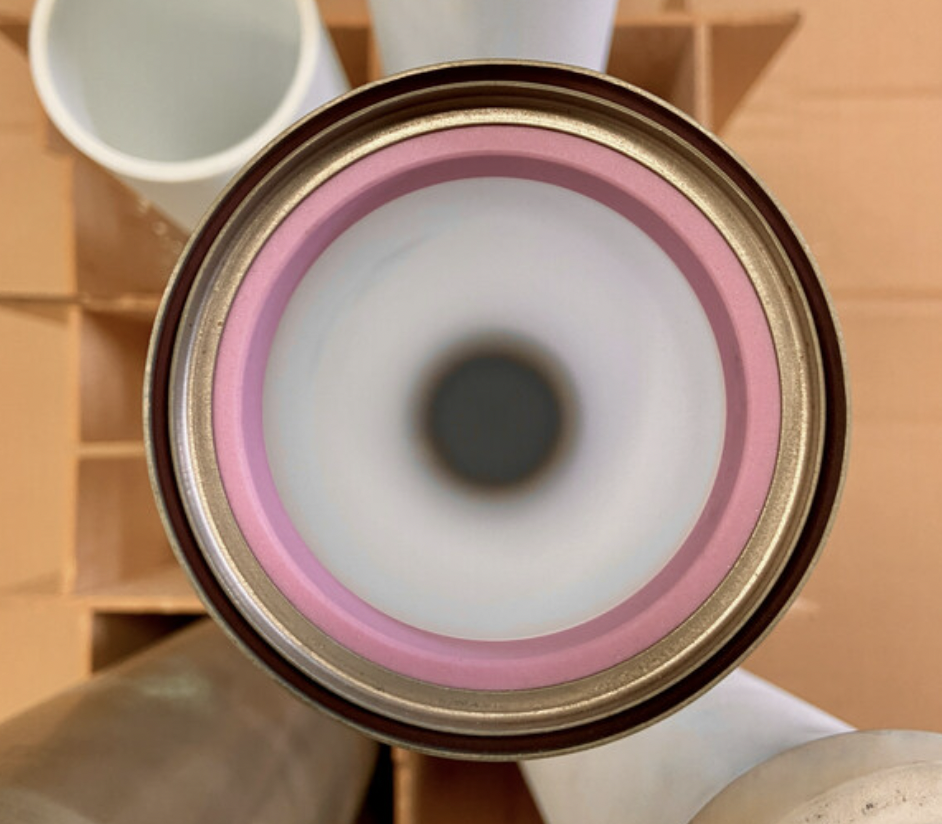From pv magazine USA
Inlyte Energy, the recipient of $8 million in seed funding, was founded by Dr. Antonio Baclig, who incubated the company as a 2021 Activate Fellow in partnership with the Lawrence Berkeley National Lab. Since that time, Inlyte Energy has been on an upward trajectory, securing an ARPA-A award, acquiring Beta Research, being named to the 2023 Cleantech 50 to Watch, and now receiving a funding boost from At One Ventures.
The California-based company aims to use the seed funding to develop the first generation of its grid batteries made with the most abundant materials: iron and table salt.
The 2022 acquisition of UK-based Beta Research moves Inlyte e3nergy many steps closer to design and manufacturing, as the scientists at Beta Research originally developed a sodium metal halide battery more than 40 years ago and brought the technology to commercial readiness and manufacturing capacity. Beta Research has a pilot production line that will enable Inlyte Energy to begin manufacturing, once the optimized design is complete.
“The experience of the Beta Research team and their facilities give Inlyte a significant advantage compared to other battery startups in this space. They don’t need to find a pilot factory, get the tooling, or figure out how to manufacture,” said Laurie Menoud, founding partner at At One Ventures. “Inlyte’s ability to compete with lithium-ion on lifetime, round-trip efficiency, and of course upfront cost also gives them a significant opportunity in a market that’s exploding right now.”
Popular content
The battery chemistry is sodium metal halide, which Inlyte says can “create an energy storage system with high efficiency, long lifetime, competitive energy density, excellent safety, and at an ultra-low cost.” An advantage the chemistry has over conventional lithium batteries is the ability to operate in extreme heat or cold, said the company.
The target market for Inlyte Energy’s batteries is the diurnal energy storage market, with a storage duration of four to 10 hours. The company says this makes them appropriate for grid storage and other industrial applications.
To continue reading, please visit our pv magazine USA website.
This content is protected by copyright and may not be reused. If you want to cooperate with us and would like to reuse some of our content, please contact: editors@pv-magazine.com.



1 comment
By submitting this form you agree to pv magazine using your data for the purposes of publishing your comment.
Your personal data will only be disclosed or otherwise transmitted to third parties for the purposes of spam filtering or if this is necessary for technical maintenance of the website. Any other transfer to third parties will not take place unless this is justified on the basis of applicable data protection regulations or if pv magazine is legally obliged to do so.
You may revoke this consent at any time with effect for the future, in which case your personal data will be deleted immediately. Otherwise, your data will be deleted if pv magazine has processed your request or the purpose of data storage is fulfilled.
Further information on data privacy can be found in our Data Protection Policy.